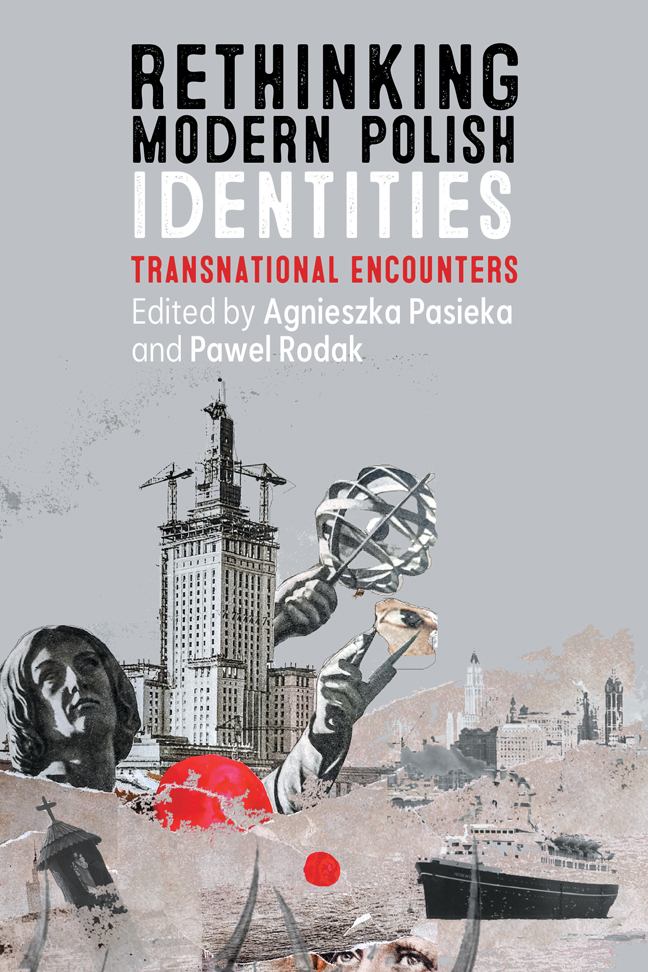Book contents
- Frontmatter
- Contents
- Acknowledgments
- Introduction: Polishness: A Story of Sameness and Difference
- Part One Redefining Polishness
- Part Two Identity in the Making
- Part Three Portraits and Performances
- Afterword: Polishness: A Time of Deconstruction, a Time of Reconstruction
- Notes on the Contributors
- Index of Names
- Index of Subjects
One - The Birth of the “Polak-Katolik”
Published online by Cambridge University Press: 10 January 2024
- Frontmatter
- Contents
- Acknowledgments
- Introduction: Polishness: A Story of Sameness and Difference
- Part One Redefining Polishness
- Part Two Identity in the Making
- Part Three Portraits and Performances
- Afterword: Polishness: A Time of Deconstruction, a Time of Reconstruction
- Notes on the Contributors
- Index of Names
- Index of Subjects
Summary
The title of this essay refers not to the historical, sociological, anthropological, or demographic questions surrounding how Poles became Catholics. The links between these two categories have ebbed and flowed over the years, so we should not conceive of a linear story according to which a Catholic Polishness was formed and then maintained. Instead, we should recognize that the relationship between religious faith (or devotional practice) and ethno-national identification is in constant flux. Moreover, the meaning of Catholicism within Polish nationalism (or vice versa) has always been contested, so generalizations are risky. Separate from that complicated problem, however, is a somewhat simpler but nonetheless important question: when did the rhetorical practice of linking Polishness and Catholicism emerge, and what did that linkage signify? Although Polish Catholics and Catholic Poles have been around for a very long time, the hyphenated “Polak-katolik” was only born at the very end of the nineteenth century. An inquiry into the origins of this phrase will help us think more systematically about the place of religion in various ideologies of identity in Poland and about the multiple ways in which Catholicism and Polishness can overlap.
The phrase “Polak-katolik” does not easily translate into English. The hyphen links two masculine singular nouns, thereby differing from alternatives like polski katolik (Polish Catholic), “katolicki Polak” (Catholic Pole), or “polskokatolicki” (Polish-Catholic, as an adverb-adjective hybrid). The nounnoun construction is relatively uncommon in Polish; for example, it would be unusual to write about a hyphenated “Niemiec-protestant” (German-Protestant) or “Syryjczyk-muzułmanin” (Syrian-Muslim). By contrast, Polak-katolik is a common expression, particularly in debates about the meaning and content of Polish national identity. It can be used today both to identify oneself with pride (on the right), and to mock people for “backward” or “provincial” views (on the left). Either way, it implies an inseparable bond between these two communities of belonging, most commonly posited as an ideal (be it utopian or dystopian) rather than as a description.
In the nineteenth century, we can find many uses of the paired nouns “Polak” and “katolik,” but without the hyphen.
- Type
- Chapter
- Information
- Rethinking Modern Polish IdentitiesTransnational Encounters, pp. 19 - 36Publisher: Boydell & BrewerPrint publication year: 2023
- 1
- Cited by

